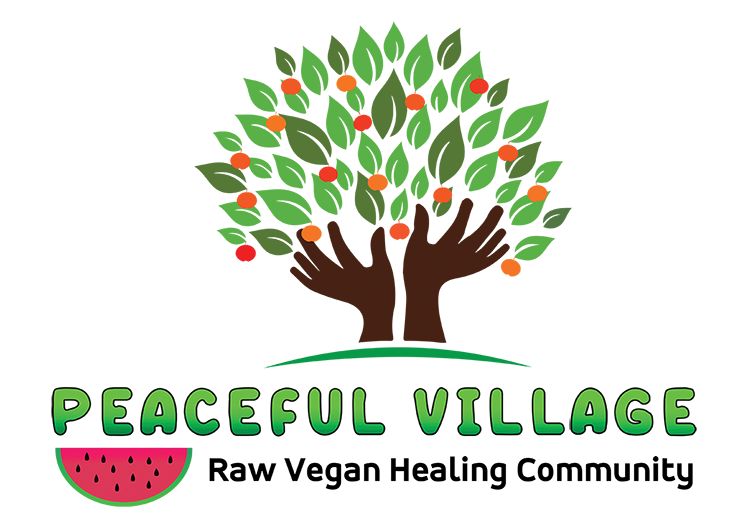Vegan Living
Veganism is a social justice issue, ethical stance, raising of one consciousness to understand and awaken, to the idea that nonhuman animals, and what comes out of them, are not our for human use, even if the animal was not specifically killed for us.
For the majority of people on Earth, there is no excuse for animal use or stealing from them or getting any one to do it on our behalf. Virtually everyone nowadays can afford plant-derived foods. In fact, many worldwide relief programs supply only plant-based foods because they are much cheaper then ones made from animals.
“As the founder and co-creator of Peaceful Village Raw Vegan Healing Community, I was always on a very limited budget as a vegan. Living in more industrialized places, I was always able to get by.”
– Michael Lanfield, author and spiritual coach
“The motivation in living a vegan lifestyle is the yearning to minimize the cruelty our actions cause others. The essence of veganism is nonviolence: conscientiously cultivating a mentality of respect and kindness toward others. If this motivation is absent, it is not veganism, and shouldn’t be called veganism. Thus, when some people say they are following a raw vegan diet, for example, they often mean that their food is uncooked and doesn’t include, as many raw diets do, raw eggs, raw milk, or raw fish oil. However, it is not a vegan diet if the motivation underlying it is personal health or purity. If these same people later decide that they would be healthier eating some chicken, fish, or cheese, they will typically say that they tried being vegan but it didn’t work for them. It’s obvious that they were never vegan, in fact, because their underlying motivation was other than what veganism calls for.”
– Will Tuttle, PhD, author of The World Peace Diet
But Why Raw Vegan?
Especially if we consume most of our food from fruit, grown organically, or preferably veganically, we continue the cycle of life. We throw, plant the fruit seed, or excrete smaller seeds into Nature, and the seed(s) may sprout into a plant and provide us with food. Once the plant provides us with fruit, most fruits are edible, raw in their natural state, it nourishes and gives us vitality. The cycle continues, until we die in this life. Of course, we often break that cycle, living in towns and cities, not utilizing the seeds. Then, birds and other animals, can also benefit from the fruits as food, and the trees for their homes, resting, playing, and other things. Trees are also crucial for survival of life. More forests are being cut down at an alarming rate. But if we plant, especially fruit trees, we help reforest the Earth and keep the ecosystem in balance.
But, instead, we throw the seeds and leftover food compost scrapes into the garbage or have bowel movements in a flush toilet. If we are able to live in Nature and to keep the circle intact, than fruit is the most environmental and ethical food anyone can eat.
However, in the society, eating all fresh raw food may be hard to accomplish on a budget, and buying produce are chemically sprayed and contains added animal manure or other animal derived ingredients. This is why Peaceful Village recommends and encourages people to live in Nature in the tropics or subtropics and start growing all of their own food. There is no time to loose, as society laws and governments are becoming more invasive and strict. There may be a shut down again, at any time, and we may have to obey and give up our sovereignty.
